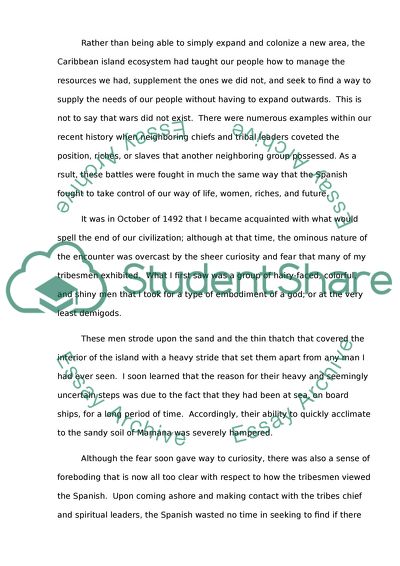Cite this document
(“Geographical Transformation of the Caribbean Islands Assignment”, n.d.)
Geographical Transformation of the Caribbean Islands Assignment. Retrieved from https://studentshare.org/geography/1459348-geographical-transformation-of-the-caribbean
Geographical Transformation of the Caribbean Islands Assignment. Retrieved from https://studentshare.org/geography/1459348-geographical-transformation-of-the-caribbean
(Geographical Transformation of the Caribbean Islands Assignment)
Geographical Transformation of the Caribbean Islands Assignment. https://studentshare.org/geography/1459348-geographical-transformation-of-the-caribbean.
Geographical Transformation of the Caribbean Islands Assignment. https://studentshare.org/geography/1459348-geographical-transformation-of-the-caribbean.
“Geographical Transformation of the Caribbean Islands Assignment”, n.d. https://studentshare.org/geography/1459348-geographical-transformation-of-the-caribbean.


